Sabbath and the Early Christians, Part 4
He also says the disciples taught the Jewish believers to abandon the law because faith alone is sufficient. But there were Jews who were trying to add the law, which is already past in its season, to faith. He said that this action is a mark of an unsound and unbelieving mind. He reasoned that it is impractical to keep both of them together because the law voids faith, overthrows the Gospel, and endangers those who do so. However, if you keep faith alone, you have not only established law but also unhindered the promise but if you keep even just a portion of the law, you are obligated to keep all commandments therein.
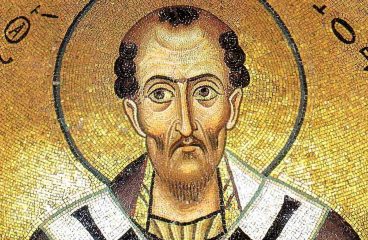

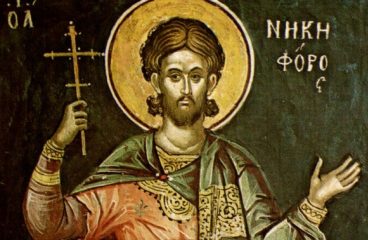
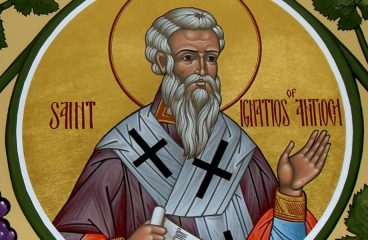
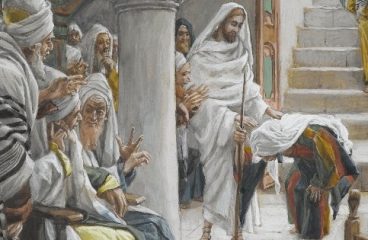
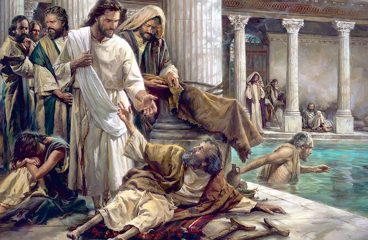

Recent Comments